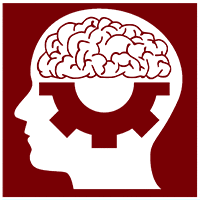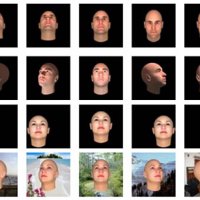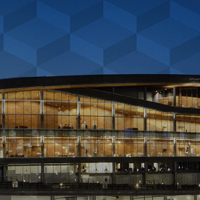LH - Scientific Workshops
Scientific Workshops Hosted by CBMM & Partner Institutions
Experts from computer vision, cognitive science, and neuroscience, discussed the problem of face recognition, what are the key challenges for developing a computational understanding of the neural processes underlying face recognition in humans and primates, and how an interdisciplinary approach can accelerate progress in this area.
This workshop examined the problem of learning "good representations" from data, in particular, representations that can reduce the complexity of later supervised learning stages. The meeting brought together experts in the field to discuss current advances and future challenges for the theory and applications of learning representations.
The Center for Brains, Minds and Machines, the Italian Institute for Technology, and the Max Planck Institute for Biological Cybernetics hosted this workshop on the science and engineering of intelligence. The workshop brought together computer scientists, roboticists, cognitive scientists, and neuroscientists to share and discuss advances in integrated, multimodal approaches to the study of human intelligence.
This workshop featured talks from leading speech researchers in the fields of neuroscience, perception, development, machine learning, automatic speech recognition and speech synthesis. The workshop focused on the computations and learning involved in human speech understanding that are required for speech-enabled machines.
Workshops Organized by CBMM and Held at Professional Conferences
Machine learning methods, especially deep neural networks, have permeated the vision science, cognitive science, and neuroscience communities, leading to critical new insights into human learning and intelligence. This workshop brings key findings from leading cognitive scientists to the machine learning community.
Humans routinely perform tasks that combine language and vision, and such multimodal interactions are becoming increasingly important in computer vision. This workshop explored problems such as image captioning, human-robot communication, story understanding through vision and language, answering questions about videos, and visually grounded language learning.
Today's science, tomorrow's engineering: Workshop participants discussed current results in the scientific understanding of intelligence and how these results enable new approaches to replicate intelligence in engineered systems.
Existing research in machine learning and AI has been constrained by a focus on narrow tasks. This symposium explores a broader perspective on the possible types of intelligence beyond human intelligence, better metrics for evaluating research objectives and breakthroughs, and an analysis of where progress should be made in order to best benefit society.









